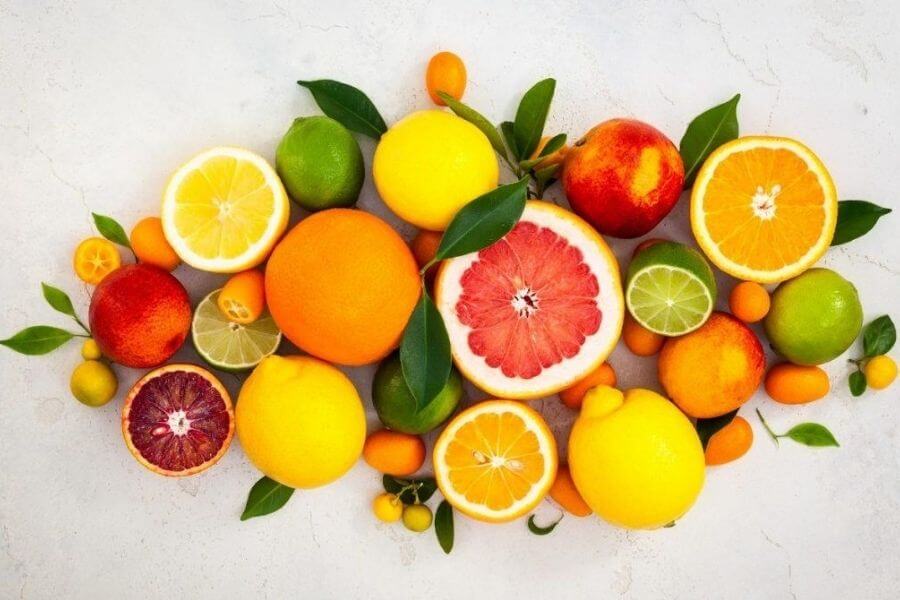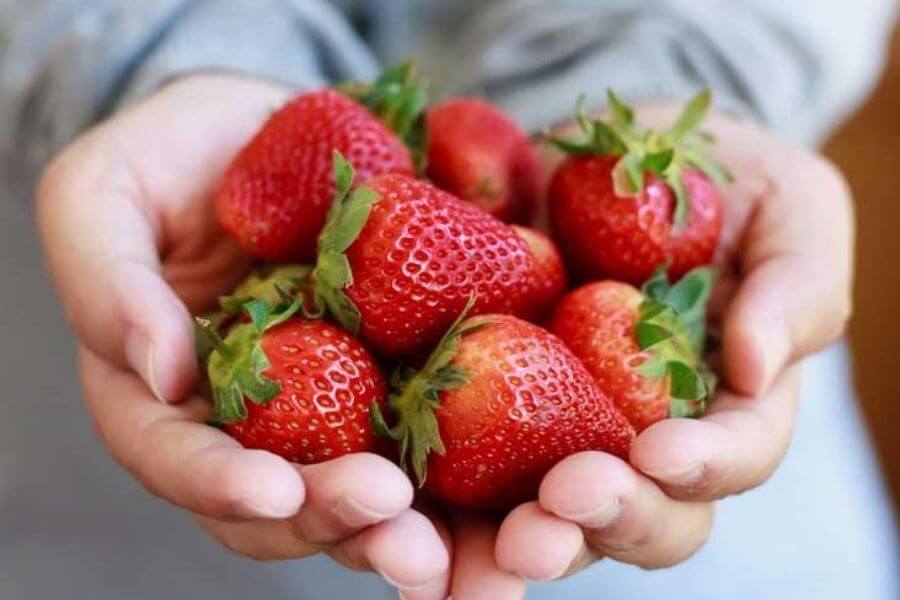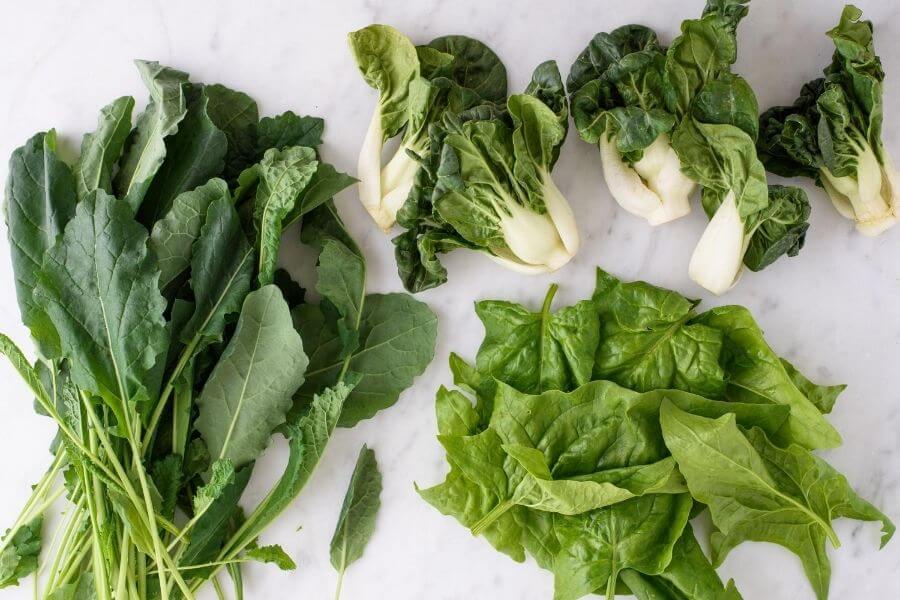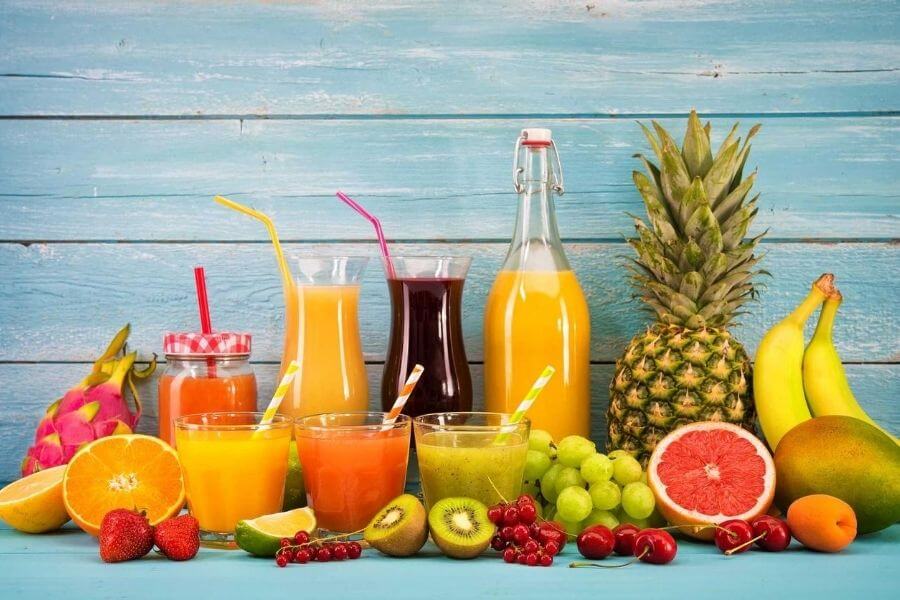Infections are all around us, even where we least expect. There is no way that we can exterminate all of them to protect our kids. Protection has to come from within. Immunity is innate in our bodies, but like everything else, we have to build it up to fight infections.
Children are more prone to get infections and show a stronger reaction as their bodies are still learning about new infections. That is how they build a memory for these infections. Nutrition in formative years is an essential factor in determining a child’s immunity. So you need to ask: Is the immunity of your pre-schooler low?
Nutrition And Health
Research in the past 25 years have established that a good nutritional status and good hygiene reduce the incidences of infections in children and strengthen their immune system. Nutritional deficiencies, being underweight, or being overweight were major determinants of immune deficiencies. (RK Chandra, Nutrition and Immunity – An Introduction, American Society of Clinical Nutrition). You can boost the immunity of your child by including the following simple foods.
10 Foods That Will Boost The Immunity Of Your Child
1. Citrus Fruits

Citrus fruits such as oranges, grapefruit, lemon, kinnow are rich in vitamin C. Vitamin C targets specific cells to reduce inflammation. They have a high content of flavonoids, such as quercetin, rutin, hesperidin, apigenin, and tangeretin, which are known to have immune-modulating action. Vitamin C has been proven to maintain the integrity of the skin, which is the first line of defense in the body.
2. Berries

A handful of berries like strawberry, kiwi, blueberry, and gooseberry go a long way in immune-regulation. They are rich in pigments of various colors, which slow down the spread of infection and increase the number of body cells fighting against the infection. They are also rich in vitamin C, which is known to have immune-enhancing action.
Ellagic acid present in strawberries, raspberries, and pomegranate is potent in detoxifying the liver. But before you give berries to your kid, make sure that they are not allergic to them.
3. Red-colored Fruits

Lycopene represents red color, which is found abundantly in tomatoes, watermelons, and pink grapefruits. They are very rich in antioxidants, which help the immune system by reducing harmful oxidative stress. They help in the activation of T-lymphocytes and B-lymphocytes (body’s defense mechanism), multiplication of lymphocytes, and production of antibodies and cytokines.
4. Green Leafy Vegetables

Spinach is of great importance here; it contains carotenoids, lutein, and zeaxanthin that helps to reduce oxidative stress and help in improving the immune response. It is also an amazing source of various vitamins (vitamin K, vitamin A, folate, vitamin C, vitamin B6), minerals (manganese, potassium, and magnesium), and fiber.
These nutrients are helpful in increasing antibody production and play are role in the healthy working of the spleen, thymus, and thyroid glands, which are anti-body storage and production organs. Make your kids eat these vegetables to boost their immunity.
5. White And Yellow Vegetables And Fruits

Papaya, pumpkin, guava, banana, carrots, sweet potatoes are sources of fiber, carotenoids, vitamin A, vitamin B6, selenium, folate, etc., which have an anti-viral action and are wonder foods in influenzas.
6. Improve Their Fluid Intake

Water washes out the toxins from the body, acting as a cleanser. It cleanses the body of the byproducts produced and increases the oxygen uptake by cells, helping in enhancing immunity.
It is important to ensure that pre-schoolers consume 1-1.5 liters of fluids every day. This should include milk, water, and juices. Young kids get dehydrated very easily, so we must ensure that they drink fluids at regular intervals. The best way to do this is to give them a sippy cup or a bottle that they identify as their own!
Some kids may not like drinking plain water (even though it’s the best option), but you could offer them mildly flavored water (with diluted fresh juices). 100% fruit juices wouldn’t be a very good option as they are full of sugar and calories, leading to weight gain, diarrhea, and caries in the teeth.
7. Nuts

Nuts are rich in good quality proteins, healthy fats, selenium, magnesium, iron, calcium, copper, phosphorus, manganese, fiber, vitamin A, and vitamin E. Hazelnuts, when consumed with milk, are very good for the repair of genetic material (DNA) and for increasing the formation of RBCs.
Walnuts are good sources of omega-3 fatty acids, and when eaten after soaking them overnight, helps in reducing inflammation and swellings. Chestnuts help in repairing the small blood vessels and improve the blood supply to infected areas.
8. Non-vegetarian Foods

Chicken, eggs, fishes are excellent sources of good quality proteins essential for the proper functioning of the immune system. Specific amino acids like arginine, glutamine, and cysteine are important in initiating lymphocytic activity. Additionally, methionine, glutamate, and threonine help in improving the immunity derived from the intestines.
All these amino acids maintain the integrity, growth, and function of the intestines, regularize the cytokine response, increase the number of T-lymphocytes, and increase the antibody (immunoglobulin) secretion as well. Another important component of proteins is the Branched Chain Amino Acids or BCAA (Leucine, Isoleucine, Valine), which are essential for the synthesis of lymphocytes in response to an infection.
9. Greek Yogurt

Greek yogurt is an excellent source of proteins and probiotics. Almost 50% of the immune system of our kid’s body resides in the intestines. Probiotics are good bacteria that fight off the bad bacteria in the intestines. Greek yogurt is easier to digest and is lower in lactose. So, it is suitable for lactose-intolerant children as well.
10. Figs And Dates

They are rich in iron, magnesium, calcium, phosphorus, zinc, fiber, antioxidants, folate, and vitamin A. They are special foods for improving immune action by increasing the number of specific lymphocytes, which are responsible for reducing inflammations and recovery from infections.
Daily Requirements Of Pre-schoolers (ICMR Guidelines)
| Cereals and Millets | 210 gms |
| Pulses | 45 gms |
| Milk | 500 ml |
| Roots and Tubers | 100 gms |
| Green Leafy vegetables | 50 gms |
| Other Vegetables | 50 gms |
| Fruits | 100gms |
| Egg/Meat/Chicken/Fish | (Instead of 30 gm pulses) 50 gms |
Read also – 10 Foods That Make Depression Worse








This is very good information, Dr Patil. Looking forward to information about nutritional requirements of growing teenagers as well.
Thank you!
We will make sure to write on health issues in teenagers and will keep you posted on the progress. Hope you enjoy the rest of the articles as well on this blog.